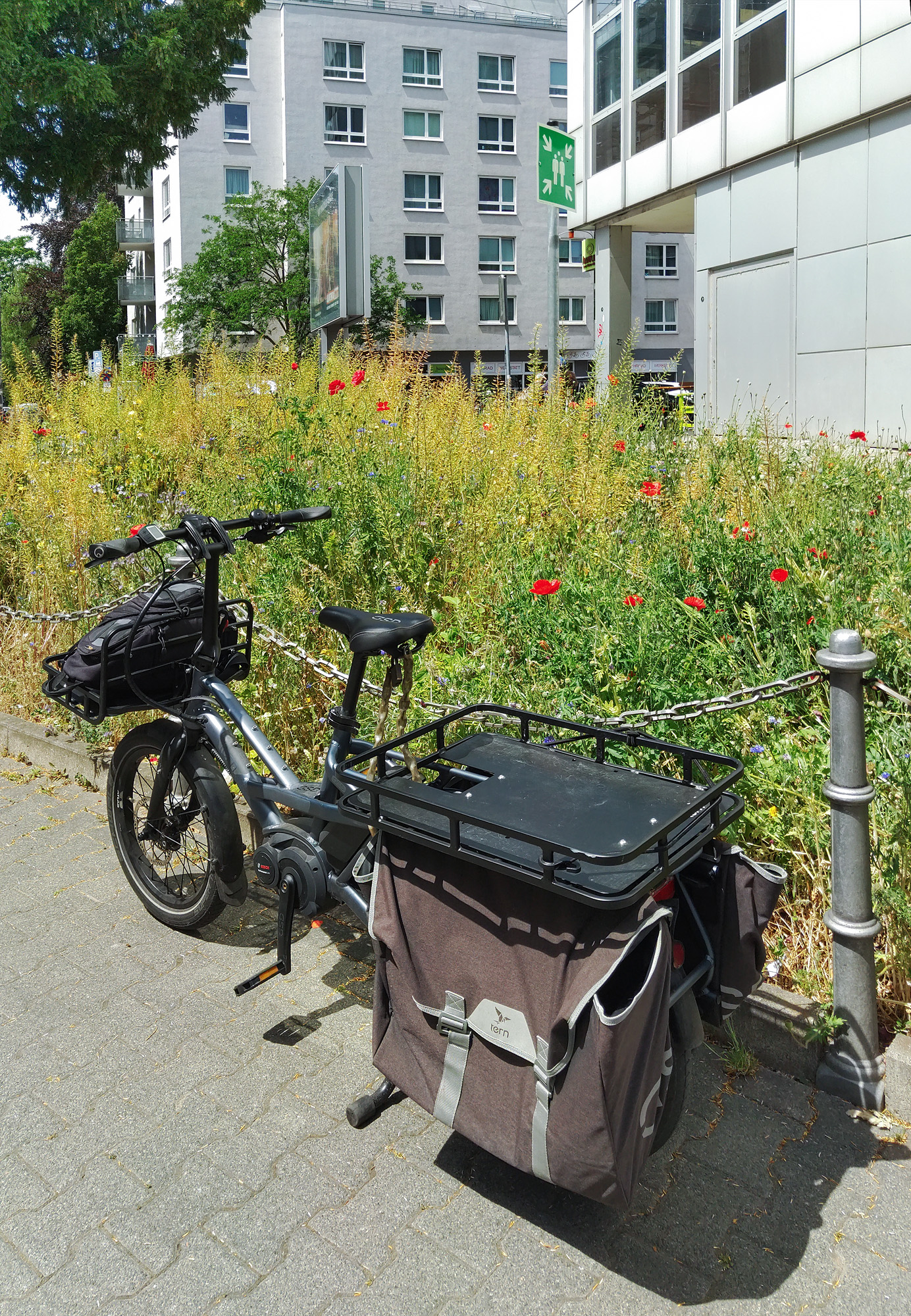Backpacking is an increasingly popular way to travel, due to its affordability and the sense of freedom it offers. But is backpacking an environmentally friendly activity?
The short answer is yes, backpacking can be a sustainable and eco-friendly way to travel if done in the right way. The key is to practice responsible tourism and respect the environment you’re visiting. This means following the principles of Leave No Trace, which encourages visitors to leave no negative impact on the environment or local communities.
One of the great advantages of backpacking is that it offers a more immersive experience than traditional tourism. By staying in local hostels, eating at small family-run restaurants, and using public transportation, backpackers can get a more authentic experience of a place than by staying in large resorts or taking guided tours.
In addition, backpacking provides an opportunity to explore areas off the beaten track that are often overlooked and less impacted by mass tourism. This means there’s less pressure on natural resources such as water and energy, as well as wildlife habitats. It also gives travelers an opportunity to learn about different cultures and come into contact with local people.
However, there are still ways in which backpackers can have a negative impact on the environment. Carrying too much gear can weigh down your pack unnecessarily, leading to more energy consumption during your travels. Additionally, some hostels have been criticized for their environmental practices – such as using single-use plastic or not providing recycling options – so it’s important to research potential accommodations before booking.
Conclusion:
In conclusion, backpacking can be an environmentally friendly activity if done responsibly. Backpackers should prioritize sustainable practices such as carrying minimal gear and researching potential accommodation options before booking. By doing so they can enjoy all the benefits of their journey while minimizing any negative impacts on nature or local communities they may encounter along the way.

